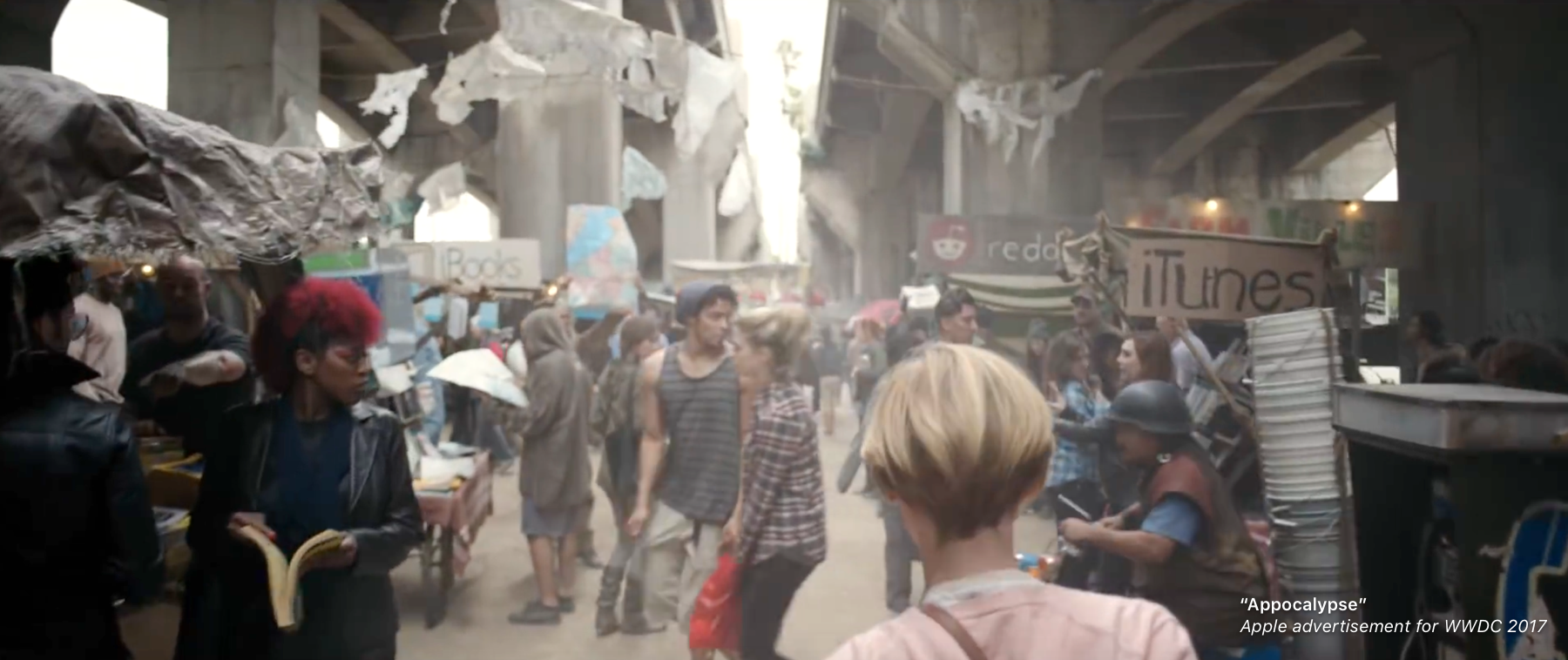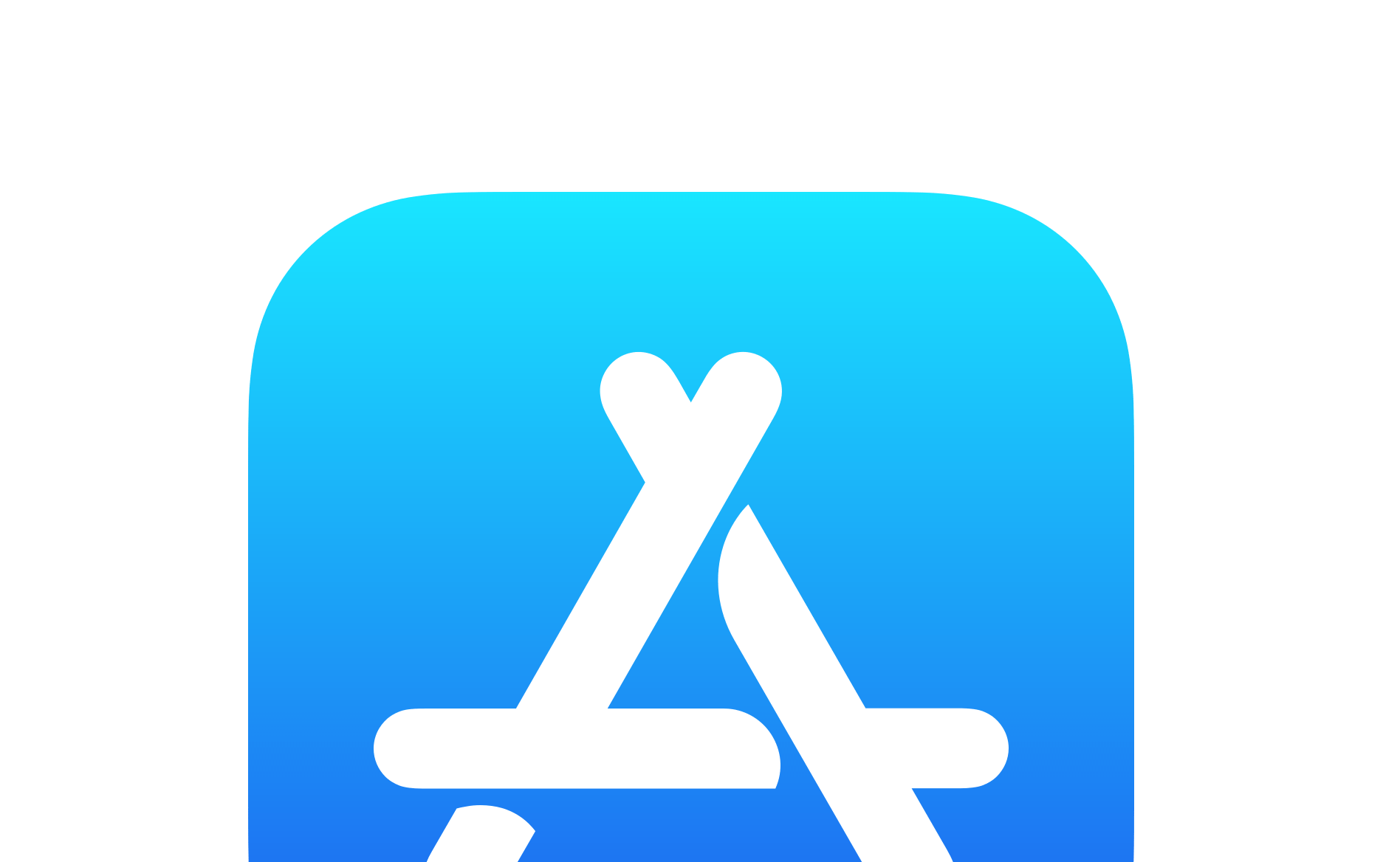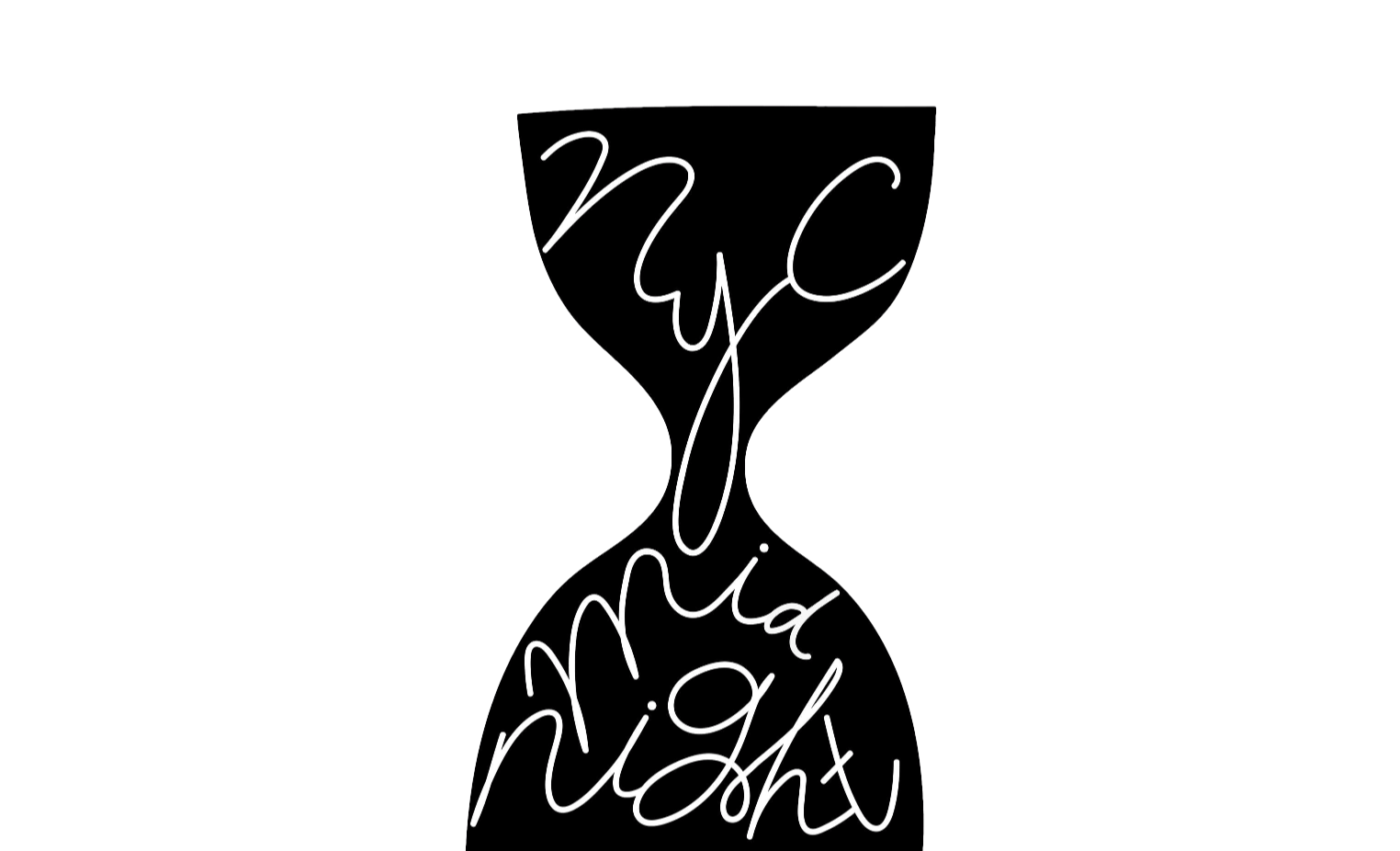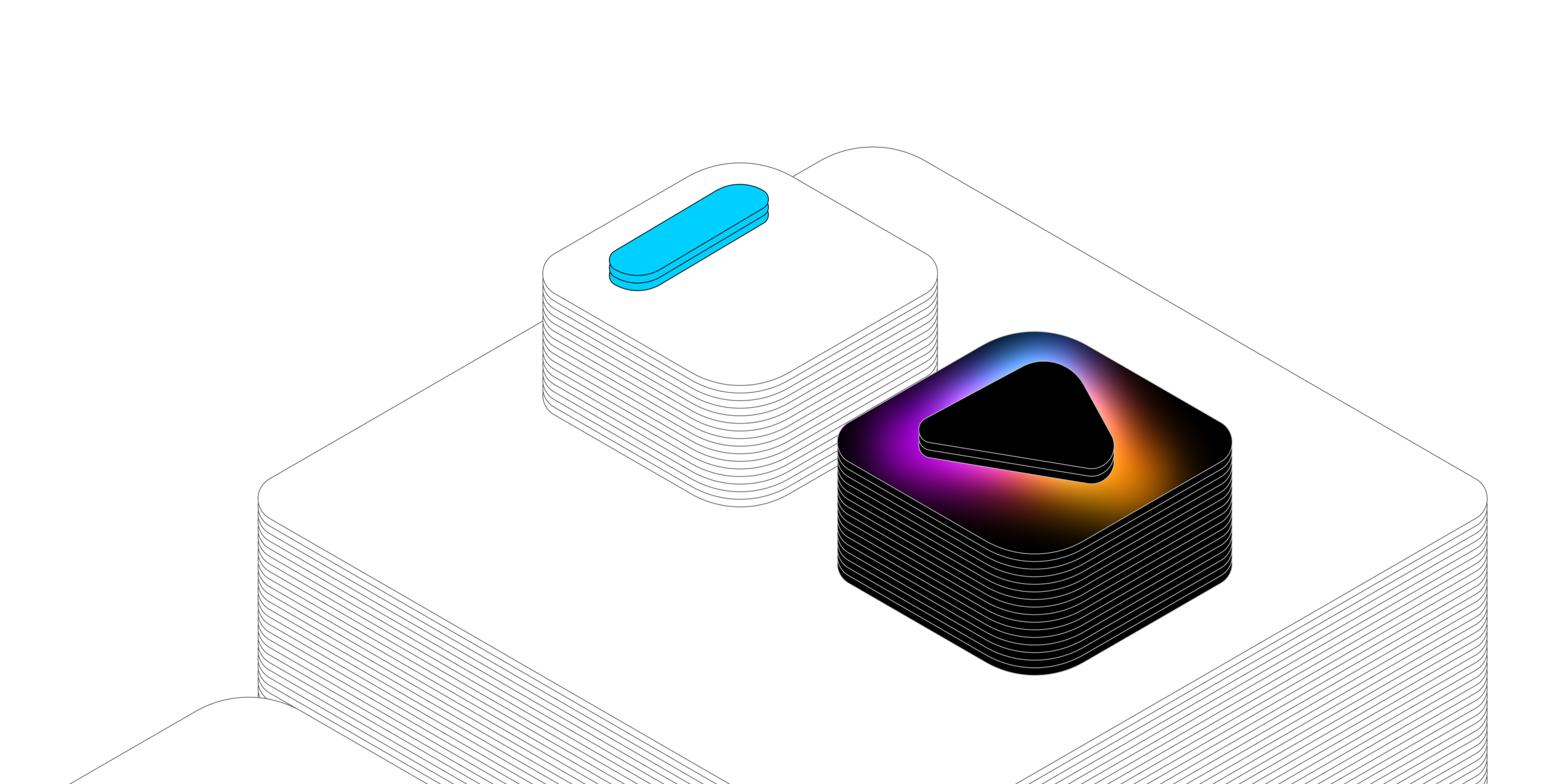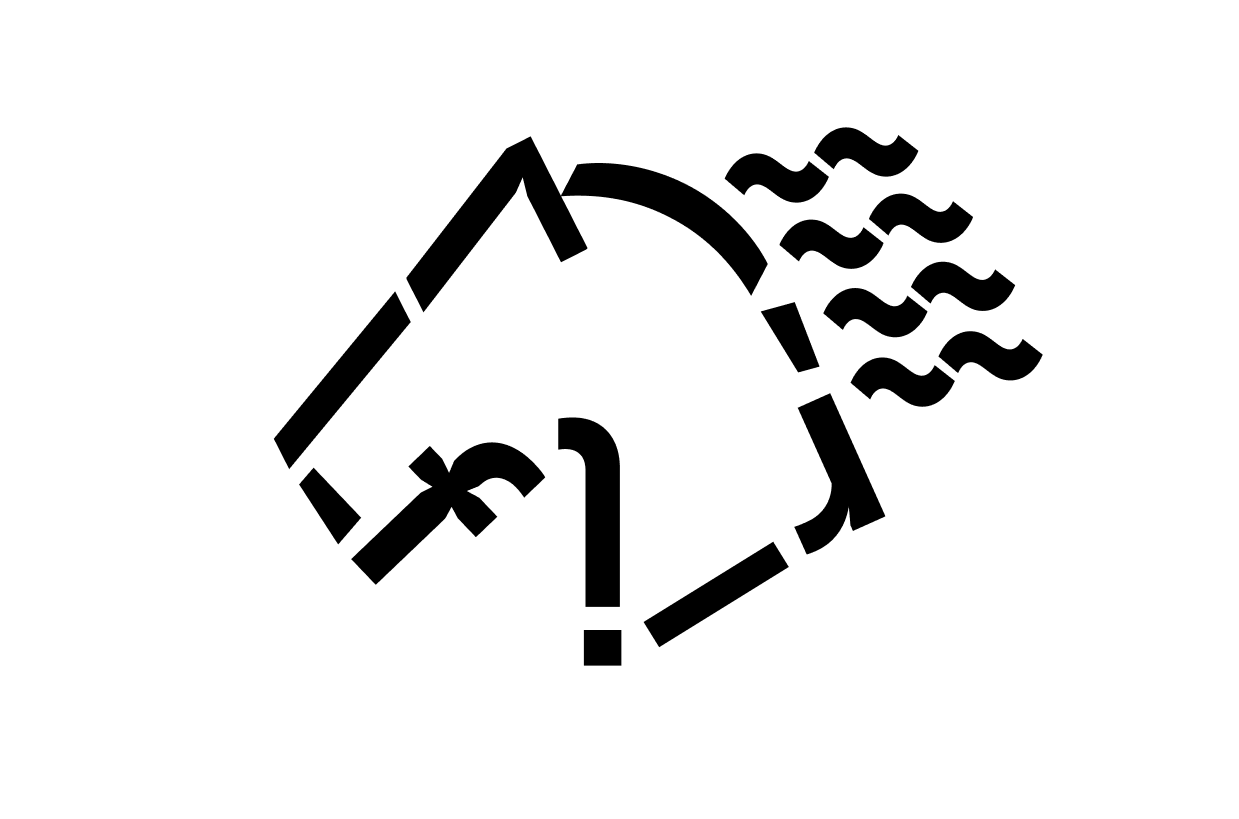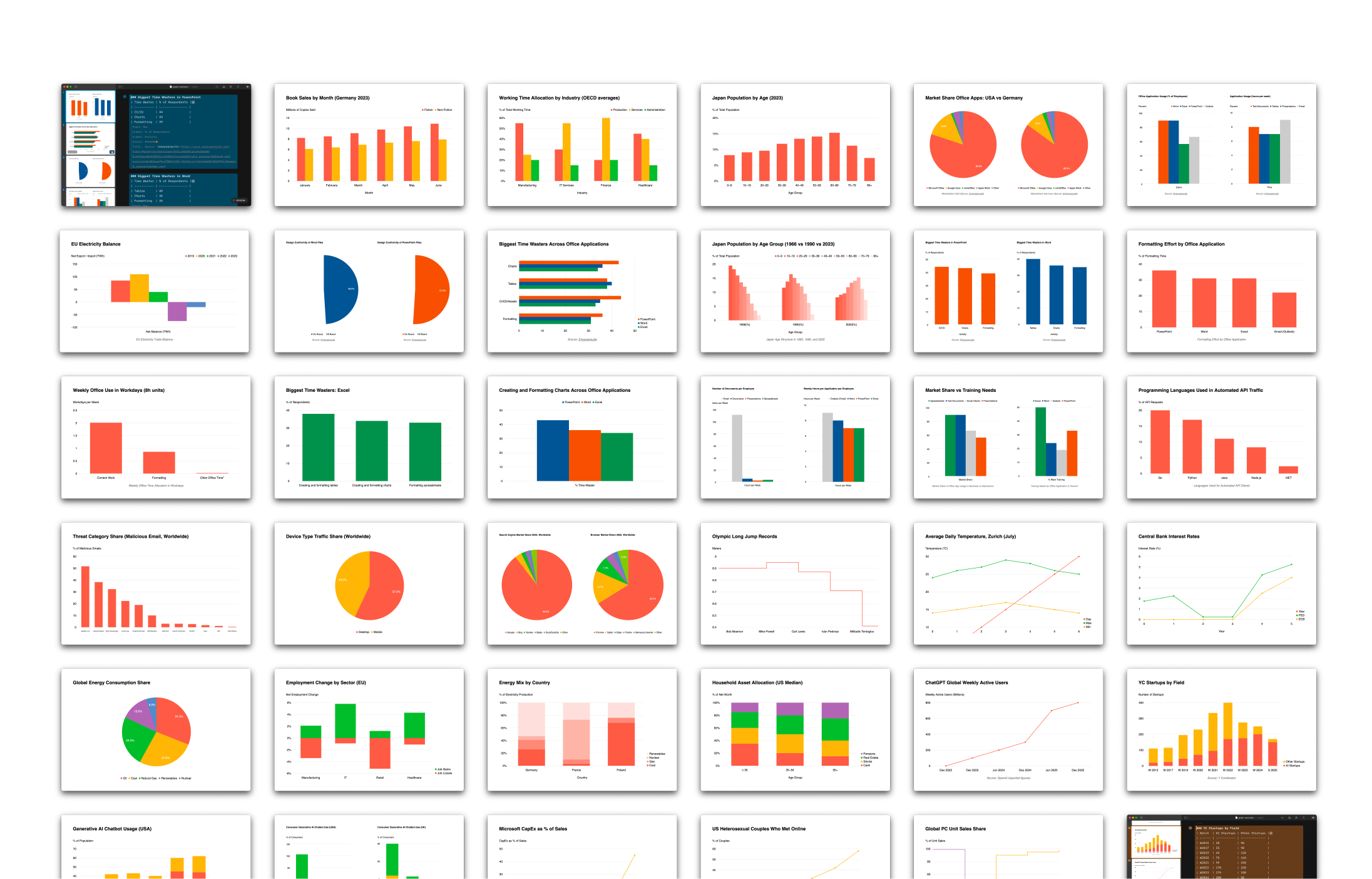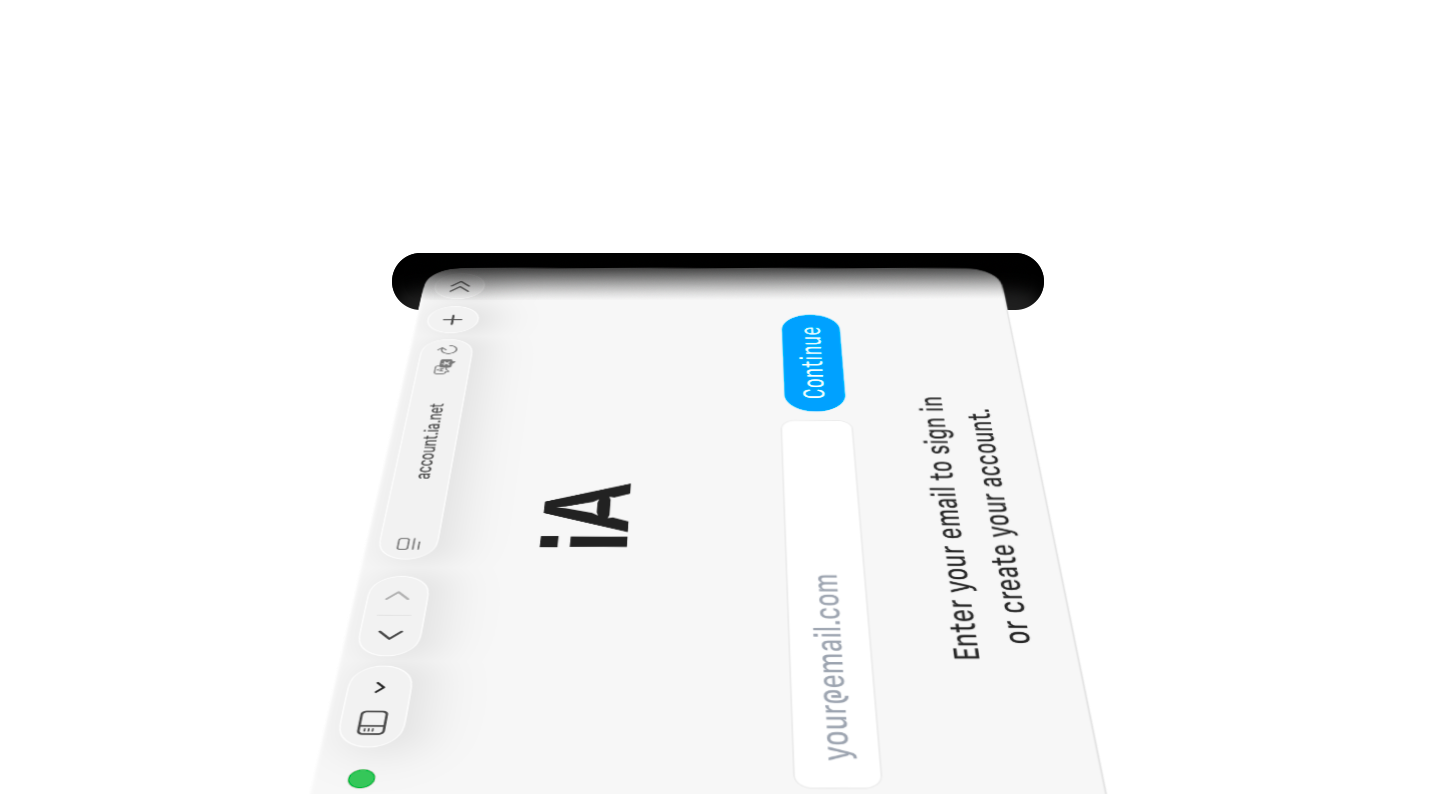Sending too much traffic too the App Stores might negatively impact your App Store ranking.
To sell as many apps as possible, we send all our traffic to the stores. Recently, some of the numbers left us guessing. The more traffic we send, the higher the sales. But, somehow, our App Store ranking suffers.
We constantly test new ways to optimize our sales funnel. The funnel Twitter – Site – App Store is a long, shaky funnel and we don’t get useful data from Apple’s Analytics. We test the wildest things.
- What happens if we change the background color of our materials from blue to wild to cool photos? Blue works best. We didn’t test 41 shades yet…
- What happens when we change the app price? Nothing. No matter whether we go up or down, revenue remains unchanged. We still don’t know why.
- What happens if we stop linking to the Mac App Store and direct our traffic to our own Mac trial version? Our App Sore sales numbers crashed. Might sound obvious, but before we didn’t know with 100% certainty, whether our own traffic really was the engine of our sales. Now we know.
This year, we increased our blogging activity. This allowed us to test how much we can influence our sales by blogging more than just every couple of months. We had a lot to say, and so we blogged almost every day, got better traffic, and indeed that resulted in more sales.

Nice! As the traffic started going up from in January, sales started going up, too. Okay, maybe we need to blog more regularly then? Daily, even? Well, we also noticed that if we throw lots of traffic at the Store, we get punished, too. The App Store algorithm started downranking us in the charts and thus throttle sales from within the App Store. That was not the first time, either.

If you look at the last prominent traffic spike we had in 2017, there is spike down in the daily App Store ranking. This was a day with over 50’000 unique visitors reading about our ultra super cool Duospace font for iA Writer itself. It got picked up. We thought: “This post will sell.” But it didn’t.

What did we do wrong? Let’s look at the App Store Best Selling ranking all by itself:

Overall the curve is pretty regular, but there are these sudden valleys. We always wondered what these downward spikes mean because they were not mirrored in our sales.

Often, the valleys are a harsh counter-trend to an increase in sales. If you compare our traffic and our App Store ranking the contrast is more obvious:

- That one big spike up in traffic on the left resulted in a severe ranking punishment. Eventually, that throttled sales, too.
- The second spike down on the right doesn’t correspond to a traffic spike. It came from a tweet (we had updated the popular Duospace font that day).
- Clearly, since January 2018, we send more people to the App Store. Our App Store ranking gets downgraded even though we do sell more apps. So what does that mean? It simply means that you get punished by the anti-spam algorithm.
The good news is: Blogging pays off. The traffic you create on your side does translate into higher sales. But if it results in sudden spikes you get punished. Most probably the anti-spam algorithm kicks in assuming that you want to game the rankings and ranks you down. In consequence, you do not get proportionally more sales, when at the same time you fall in the App Store rankings. A sudden spike in traffic and sales gets punished, no matter whether its real or fake traffic. There is not much we can do about that but whine. Or is there?
Using the App Store, you do not have much control over your sales process. You need to experiment and see what sticks. If you figure it out you still depend on Apple’s good will. Your most successful marketing campaign might result in a down-ranking, and, who knows, cause as much damage as it helps. This is probably not voluntary. Apple is a control freak, but this can’t be intended. It’s frustrating nevertheless.
More importantly, if you market yourself through your site, you lose a lot of customers on the way to the App Store and inside the App Store. The App Store creates a difficult long funnel where you lose customers left and right. And on top, you pay a 30% revenue share. So what can you do?
Leave the App Store?
The only thing you can do against the App Store algorithm punishing you for sending people to the Store is selling your app directly. We are currently setting up an independent sales framework for our Windows apps. Custom sales solutions are a hassle. But like Radiohead said:
I don’t care if it hurts
I wanna have control
We want more control with our other apps, too. But before doing crazy things, let’s wait a bit. There are rumors that Apple is planning to put both App Stores together. We hope that with a radical redesign they solve some of the issues. A much deeper problem than the rogue anti-spam algorithm is that we depend on App Store rankings in the first place. The iOS redesign is not much better. Apple, not user need decides who gets attention, which, if you are not among the chosen ones for whatever reason is not that funny.
Here is an Idea for you, Apple
All of this could be circumvented with a better App Store sales solution. Paying Apple 30% of our revenue is annoying. You can get a better deal if you buy into the subscription model. But then your users will punish you by stripping away your hard-earned stars. Maybe Apple will feature you more—until they feel that your two-star app is not good for them. Overall, depending on Apple’s benevolence is both humiliating and bad for business.
What would make us happy is if Apple offered a tighter sales integration into our own site than just an App Store Button. An own store on our own site, disconnected from the App Store and its Bazaar culture, would make it interesting for more developers to stay on board than astronomical numbers divorced from any indie reality. We don’t mind being in the bizarre Bazaar for fun and additional sales, but as long as we cannot sell directly on our site, we are not indies, we are dependies.
If you are a developer, and if any of this sounds familiar, “price doesn’t affect change revenue”, “traffic spikes and ranking counter spikes”, or if you have experience with direct sales vs sales through the App Store, we are curious to hear what you have learned.
